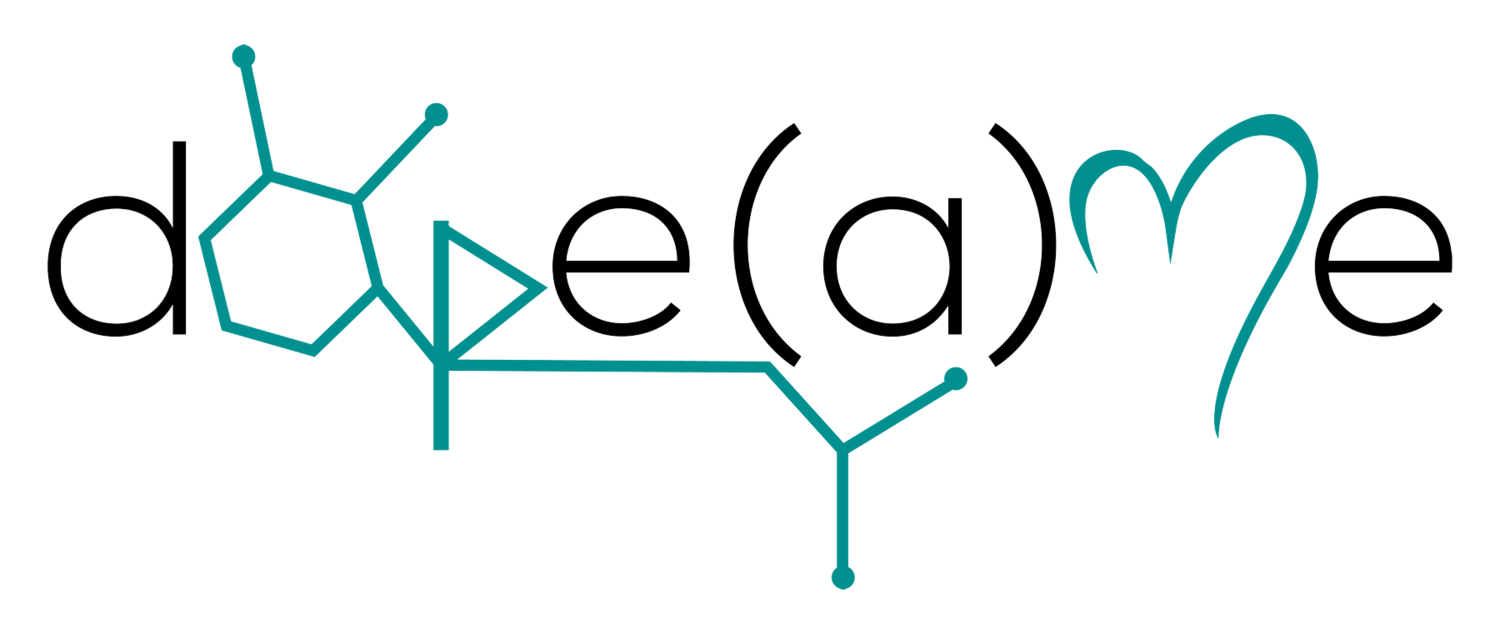I was the typical busy-bee with a monkey mind before I grew to love yoga. And yes, I grew to love it. My first yoga class was in Victoria - ten years ago - while I was a student there. I hated it. I remember thinking "this is so not my thing." It was exactly what I hoped it wouldn't be: slow and boring. What I didn't realize at that point was that I had just walked into a yin class, which is supposed to be slow and it's okay if I felt bored. I didn't know the complexity of yoga or the many styles and variations that can be offered based on studio, teachers, geography, and experience level. I didn't give up though.
My mental health was in a dire state and I knew I needed to explore more of what yoga had to offer. I had transferred to University of Alberta in Edmonton and was introduced to bikram yoga and fell in love. It was tough, sweaty and predictable. It was what I needed at that point in my life to be the gateway into the world of yoga. After one year of practicing bikram yoga a couple times a month, I had the foundation I needed to explore other styles and I fell in love with the creativity, the self-expression, the many teachers, and the empowering tools that came from being a witness to my mind on my mat.
Fast forward ten years and now yoga is a huge part of my everyday life. When I am not on my mat, I am still practicing yoga. Yoga has taught me so many beautiful and important lessons in life, and I get excited to share this gift with others as I step on my mat as a teacher and fellow-student.
Being a beginner in anything can be uncomfortable, so here are five tips to lessen the uncertainty and help you step onto your mat with an open mind and receptive heart. Yoga is for everyone!
1. Convenience is key.
Find a studio close to home or hop on YouTube and look up yoga for beginners. Yoga is as accessible as coffee--it's everywhere. Whether you commit to following a YouTube video or find a studio close to home or work, build it into the schedule you already keep so that you pave the way for a new habit that will fit into your current lifestyle.
2. You don’t have to be flexible.
I hear this all the time: "I'm not flexible enough to do yoga." To me that sounds like a great reason to do yoga. The pose is not the point-- your breath and your mindset that matters most. If you are stuck in comparisons and can't see past the fact that others are more flexible than you, it’s probably getting in your way in more areas than one. Get out of your head and step onto your mat. Rather than focusing on your lack of flexibility, bring your awareness to your breath. I like to bring micro-movements in with each breath, allowing each pose to be a process of exploring and feeling my posture and balance shift. From this perspective, it is not about how deep you go in the pose, but rather feeling your inhale lengthen and strengthen your spine and your exhale release and surrender to wherever you are right now.
3. Focus on a pose.
When you choose one pose as your goal, it makes it easier to commit to your home practice. Each time you notice bits of progress you will get bursts of happy chemicals that will encourage you to keep practicing.
4. Start with a physical, emotional and spiritual practice.
How do you want to feel in your body? What emotional energy would support that journey? What is your higher purpose behind your actions and choices in life? Take time before your class to set your intention. It’s so important to be grounded in self-care while also expanding and embracing the impact we can have on those around us. When you bring in what you are curious to explore or what you want more of in your life, you build healthy new habits in your physicality. Everything is connected.
5. Ask for support!
There are so many different styles and ways of teaching yoga. If you have a negative experience at one class, don’t give up!. Tell your teacher you are a newbie so you can get the extra attention you might need. If you know you struggle with certain poses or aspects in class, ask for support or tips from your teacher or fellow students. There are also many resources online or people in your community that want to educate and have conversations in this area, so don't hold back. There is a yoga style that will suit who and where you are now, and from that space you will explore and expand and will find the wellspring of quality fuel that comes from being in tune with your mind-body connection.


